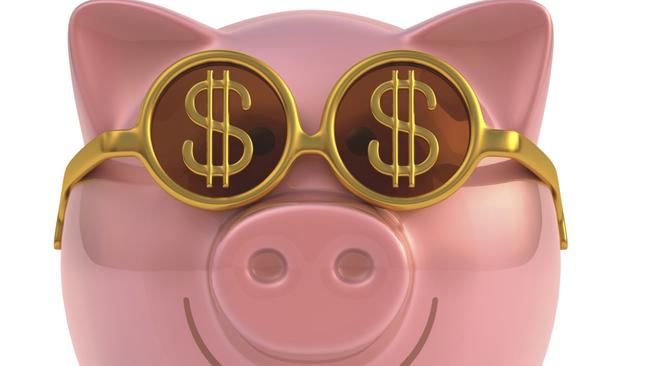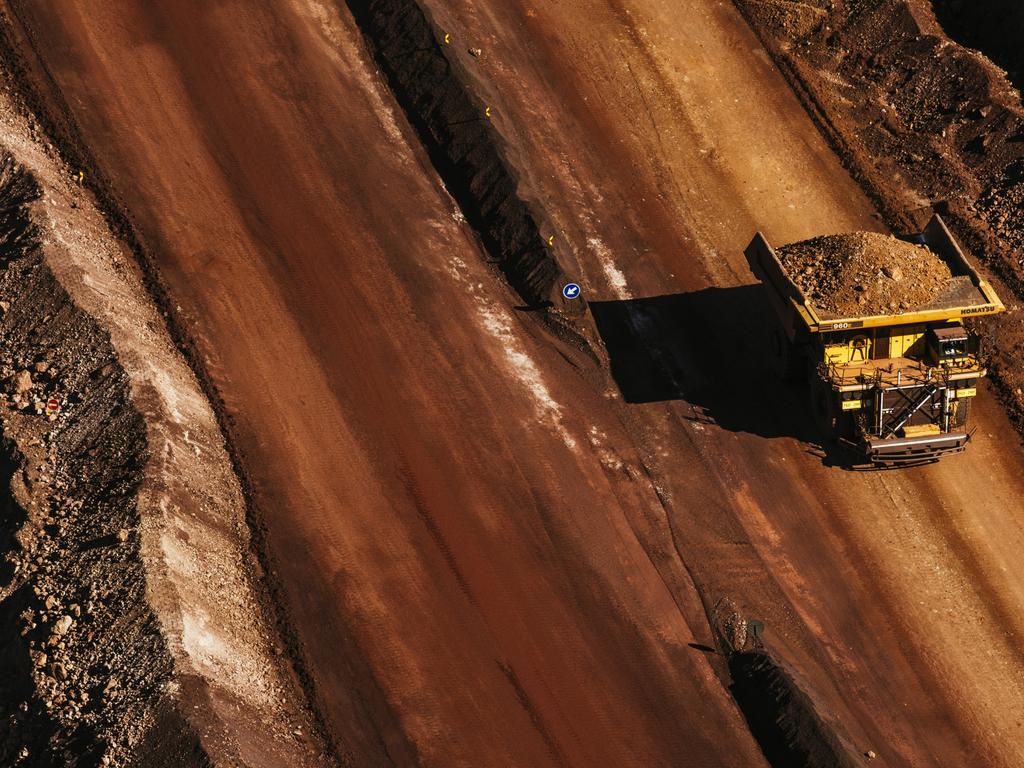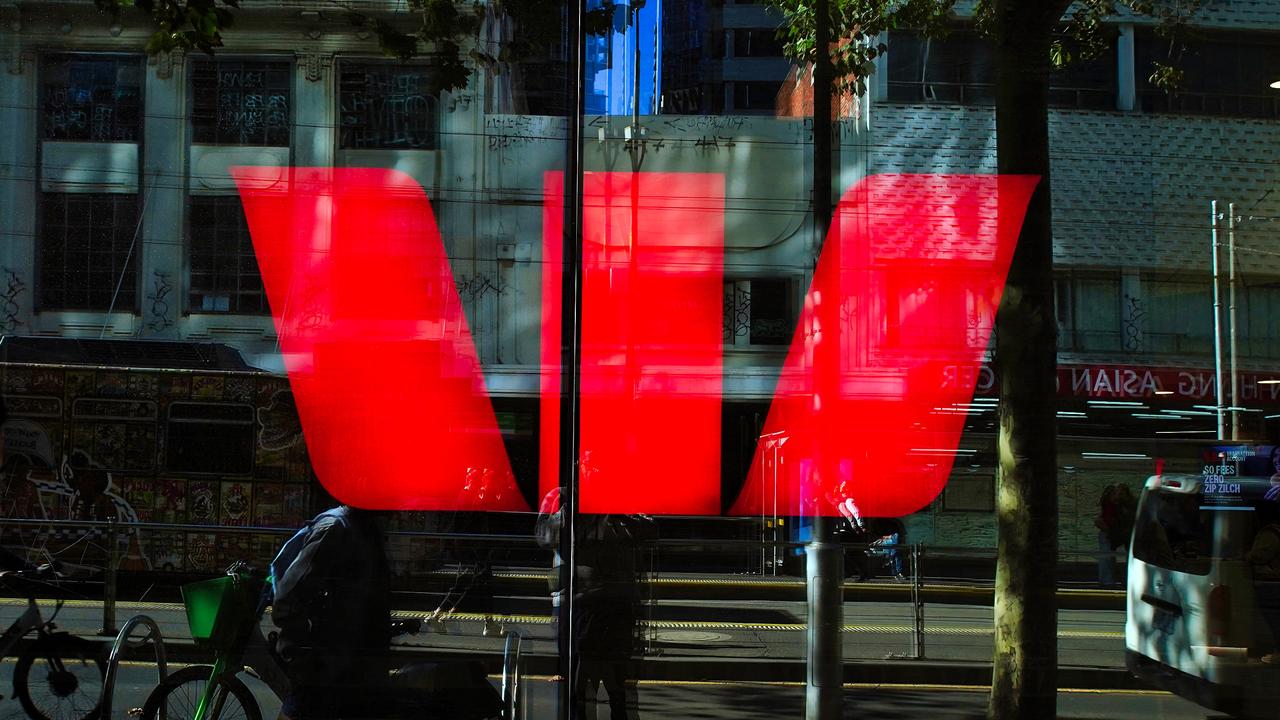
As the government reports that $1.3bn has been withdrawn from super in the first week of the program’s operation, a new survey by AMP has shown the controversial measure was the No.1 most asked about topic across its financial planning network over March and April.
The wide adoption of the scheme - more than a million people have already registered - is set to trigger much broader use than younger unemployed workers who have been at the top of the queue.
Advisers say experienced investors, business owners and home buyers are examining the legitimate possibilities unleashed in the scheme which allows $20,000 to be taken from super in the next two years. ($10,000 before June 30, $10,000 from July 1).
“People are using the money to achieve investment targets - for anyone trying to buy a home it can make sense. Many couples can afford loan repayments they just can’t get a home deposit together. If someone used their super and they complete a deposit then they are keeping the money in a tax protected environment - it’s a rare opportunity,” says financial adviser James Gerrard.
Apart from emergency relief, advisers suggest the most popular use of the scheme is as a buffer for concerned investors or business owners.
“Many self employed people are just getting the money out first and then keeping it as emergency money,” says adviser Bruce Brammall.
However, advisers suggest a large proportion will end up not using the cash and “re-contributing” into super in the future.
The terms of the early release scheme are generous and open to interpretation: Anyone who is not already retired can access the money if they have been made redundant or have experienced a 20 per cent drop in income or working hours.
It is also possible for anyone using the scheme to contribute up to $25,000 pre-tax into super inside a financial year.
“In certain circumstances - often with people earning between $90,000 and $180,000 a year there will be opportunities to re-contribute into super and those people can get a tax advantage,” says Brammall.
It works like this: Money coming out of super is not taxed and money going in is taxed at 15 per cent.
If someone takes a dollar out under the scheme it is untaxed, if it is then contributed (on a pre tax or concessional basis) it is taxed at 15 per cent - if that money had been taken instead as income it would have been taxed at anything up to 47 per cent.
Alex Moffatt, an adviser at Joseph Palmer and Sons, says most people accessing super in his client base are business owners with self-managed super funds (SMSFs) who need to know they have the funds ready if certain scenarios play out.
Approved SMSFs have the specific advantage that they can target exactly what funds they wish to extract, unlike members at bigger funds who simply receive a cheque from a general pool.
Separately, for enterprising homebuyer couples where one person had the ability to access super, the couple could raise $20,000 over the next few months under the early release scheme.
As first-home buyers, they could also typically receive a $10,000 first-home buyer state government grant creating a combined fund of $30,000 which can go a long way to underpinning a deposit for a home.








The government’s early release super scheme is being examined by all age groups as a potential “superannuation strategy” where funds from the scheme can be used for a range of tax advantages along with funding home buying.